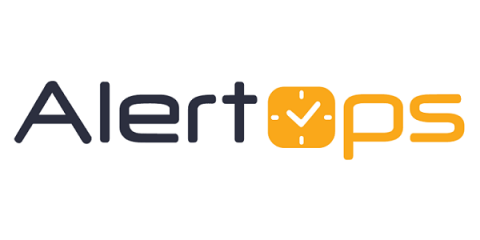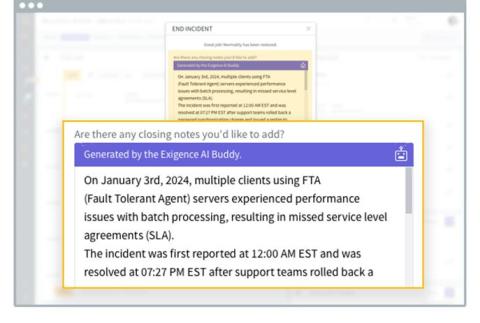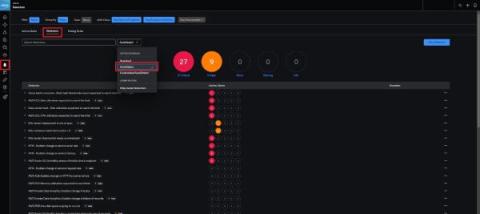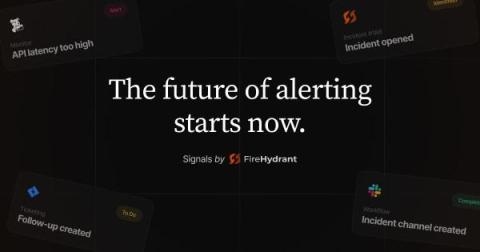Operations | Monitoring | ITSM | DevOps | Cloud
Alerting
Mastering Remote Management and Monitoring: A Guide for Data Center Operations Managers
Safeguarding Operations: A Comprehensive Guide to Disaster Recovery and Business Continuity for Data Center Managers
Use ilert support hours
New! incident summary automation with generative AI
Understanding the Role of a DevOps Engineer
How to Create Great Alerts
Alerts Are Fundamentally Messy
The alert fatigue dilemma: A call for change in how we manage on-call
Once the unsung heroes of the digital realm, engineers are now caught in a cycle of perpetual interruptions thanks to alerting systems that haven't kept pace with evolving needs. A constant stream of notifications has turned on-call duty into a source of frustration, stress, and poor work-life balance. In 2021, 83% percent of software engineers surveyed reported feelings of burnout from high workloads, inefficient processes, and unclear goals and targets.
Never miss machines malfunctioning with ilert integration for Tulip
Downtime costs money. That's why an effective incident management system is crucial. We're excited to announce our new partnership with Tulip to help manufacturers manage incidents better. This integration is an important advancement for complex production processes that require an in-depth operational strategy.









